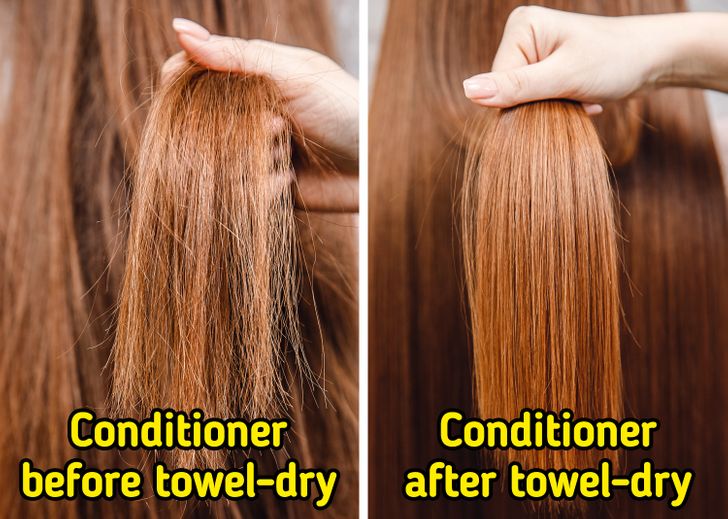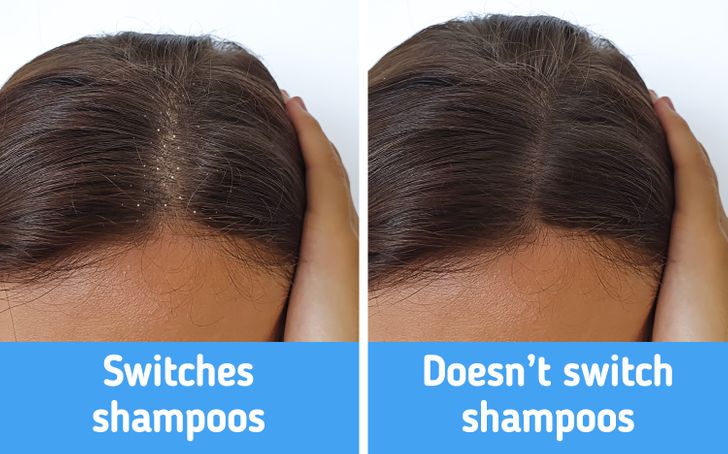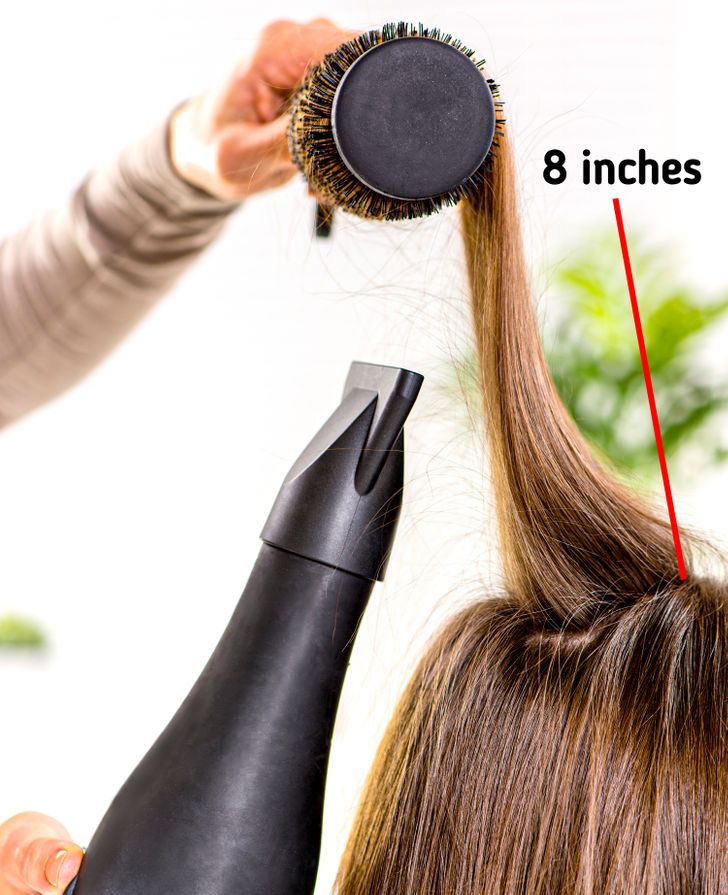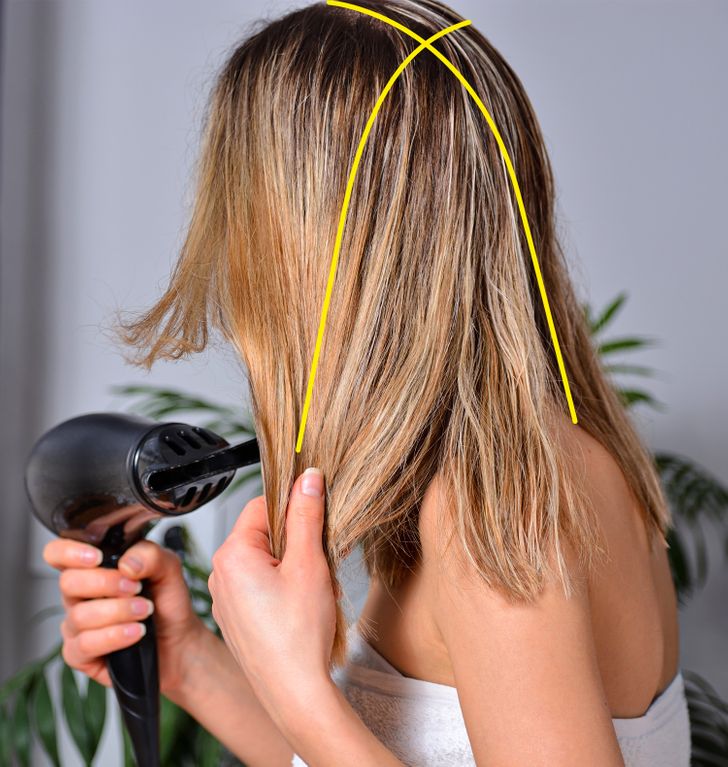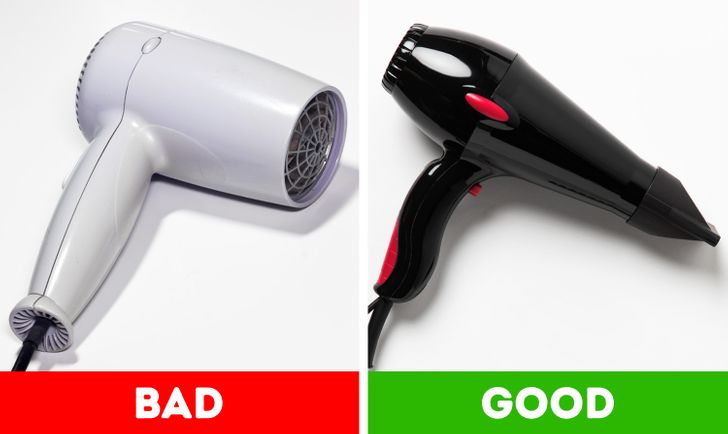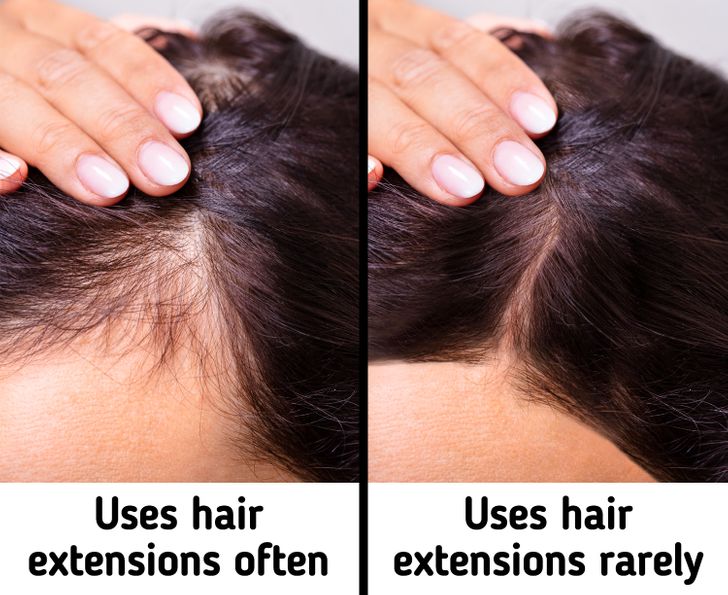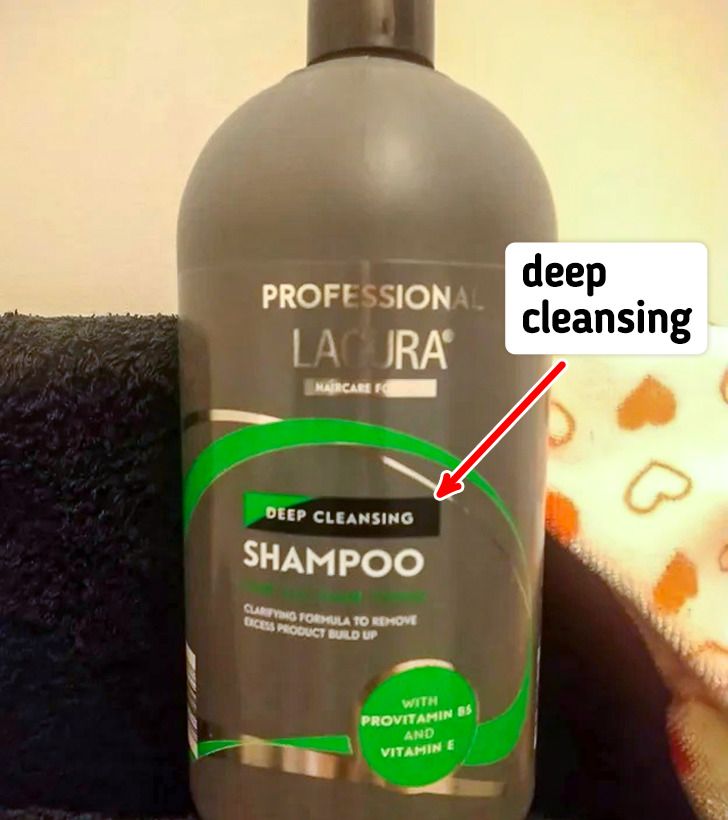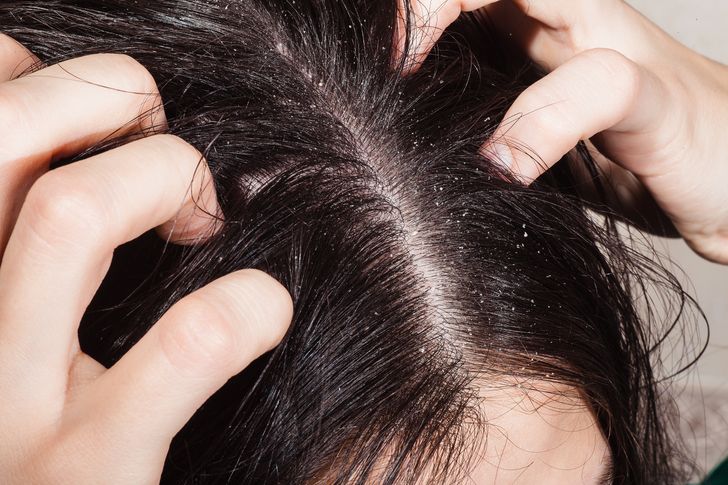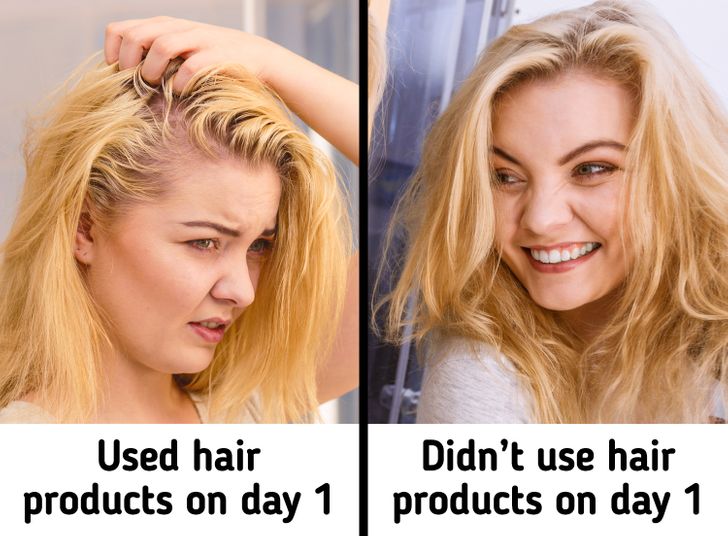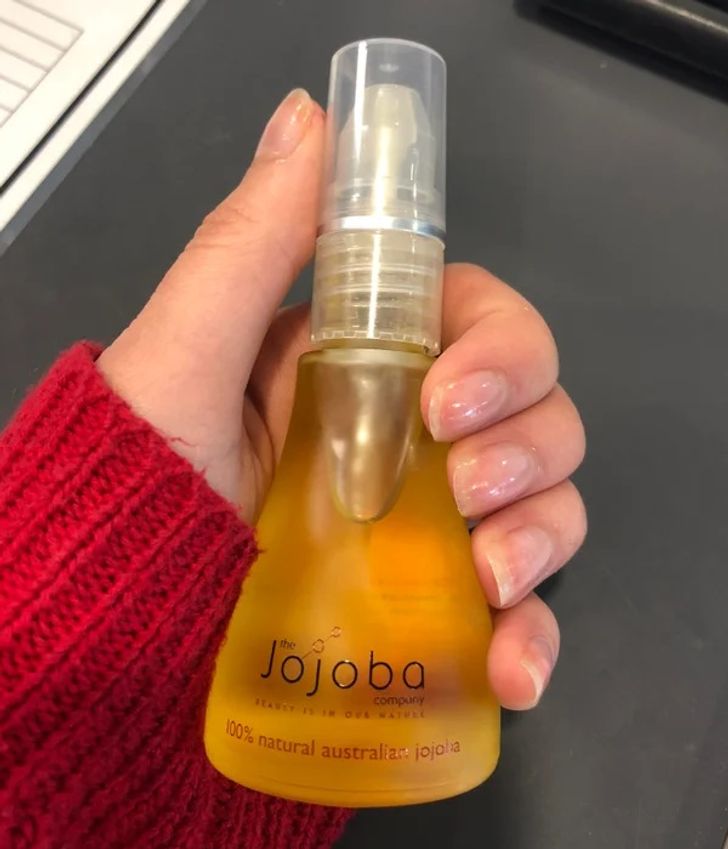I have a lot of dandruff right now and people actually advice me to switch shampoos
10 Mistakes to Avoid for a Healthy Scalp and Hair

Approximately 50% of the general adult population worldwide is affected by dandruff and scalp itching. Such conditions may be caused not just by a weakened immune system but by improper care, including shampooing habits.
We at Bright Side looked for some professional tips that can improve the daily care of our hair and scalp and would like to share them with you.
1. Applying conditioner before you towel-dry
It’s recommended to towel-dry the hair before applying your conditioner and just after shampooing. This is so excess water can’t prevent your conditioner from getting absorbed.
You can also add oil to your conditioner. Deep conditioning is good for all hair types and scalps. It can help to reverse dryness after exposure to chemicals or heat styling.
2. Switching anti-dandruff shampoos with other types
Switching between an anti-dandruff shampoo and an ordinary shampoo can be a bad idea. It washes dandruff-preventing ingredients right off your scalp so it stays less protected. Stick to one shampoo while treating dandruff.
3. Holding a hairdryer closer than 8 inches from your head
Excessive heat can damage any type of hair, which is why it’s necessary to follow certain instructions. First of all, use medium heat when blow-drying. Second, the nozzle should be at least 8 inches (20 cm) away from your head. The best way is to blow the warm air around your head from root to tip.
4. Not dividing the hair into sections while blow-drying
If you want to style your hair correctly, then blow-drying your strands randomly is not the best strategy. Experts suggest dividing your hair into sections. After that, just blow-dry them one by one. You can start with a section at the crown, then at the back of the head and the sides. This way ensures you don’t overheat the same hair several times.
5. Using a low-budget hairdryer
A hairdryer is an important tool for keeping your hair healthy, even after styling. But using one can lead to frizzy, brittle hair and a damaged scalp. If you have the budget for it, invest in a tool that has different functions to minimize all the risks. Some hairdryers have ionic air technology.
Also, pick the right heat protectant. You should make sure it’s formulated to be used on wet hair.
6. Not letting your hair rest between hair extension applications
Professionals recommend letting your scalp breathe for at least a week or 2 between hair extension sessions. It’s also crucial to take care of your skin and moisturize while you have braids. You can purchase special products that can take care of your scalp while it’s under extreme pressure.
7. Not using special shampoos if you apply styling products
An itchy scalp can be caused by product build-up on the hair and scalp. It causes irritation and flakes. To avoid it, you need to be sure you undergo a deep clean every time you wash your hair. Pick shampoos with words that indicate a “deep cleansing.” Don’t forget that it should also have a gentle, pH-balanced formula.
8. Scratching your scalp with your nails
Don’t use your nails, pens, pencils, or anything else sharp on your scalp. It causes abrasions to the skin. So when your scalp itches, simply use your fingertips to gently massage the irritated area.
Specialists also recommend applying coconut oil mixed with anise. They found that this combination is more successful at eliminating scalp itch than permethrin, which is a medication used to treat lice.
9. Using hair products the first day after washing
Professionals don’t recommend washing your hair often and suggest minimizing it to every 5 days. But it’s more about how to make your strands look fresh. Don’t use hair products on day one after washing because they attract dirt.
Still, you can use a light mist of hair spray if you need to fix your curls, but don’t use anything else. Apply dry oil to the tips of your hair, starting on the second day after washing.
10. Using products that don’t actually moisturize
Don’t use products that have no moisturizing effects other than making the hair oily, and don’t rub them onto the scalp. Remember that not all oils are good for you. It’s better to use organic itch-calming scalp care products that include aloe vera, lavender, jojoba, and peppermint oil.
Use it each week by massaging it into the scalp, but don’t just apply it, be sure to rub it in.
What’s the biggest problem for you when it comes to taking care of your hair? How do you normally soothe the scalp?
Comments
I had no idea I shouldn't use my finger nails on my head... weird
Related Reads
10+ Illustrations That Can Make You Want to Use Every Second of Your Life to the Fullest
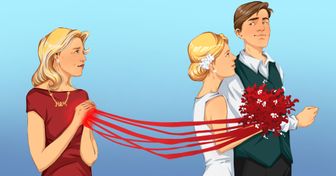
12 Times Blended Families Learned That Love Doesn’t Need DNA

I Refused to Let Anyone Steal What My Dad Left Me, and My Mom Made It Worse
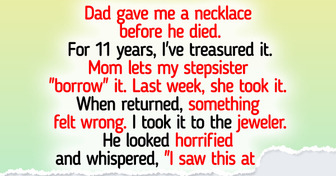
12 Moments That Teach Us to Stay Kind, Even When Life Becomes Heavy
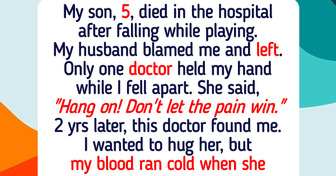
15 “How We Met” Stories Destined to Become Family Legends
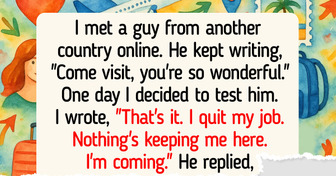
I Refuse to Let My Stepson Disrespect Me, His Arrogance Cost Him Big
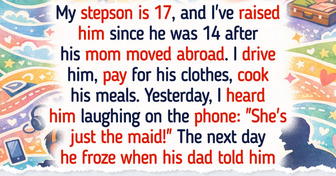
My Mom Forgot About Me Until She Needed My Help—I Turned the Tables on Her
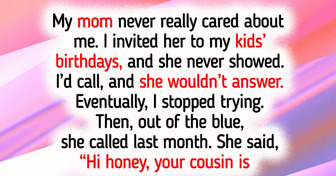
I Refuse to Be Treated Like a Servant in My Own Home, So I Had to Draw the Line
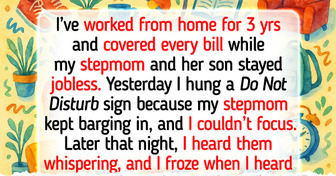
I Was Fired for an Intern — Karma Hit Fast
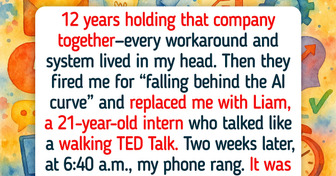
My Husband Promised to Stop Watching Me Through the Cameras—He Lied
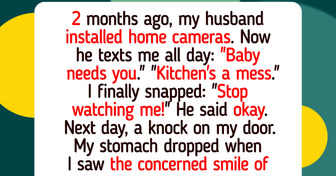
I Funded My Wife’s Luxury Demands—She Made Me Regret Every Penny

I Refused to Talk to My Parents After They Chose My Ex-Wife Over Me

